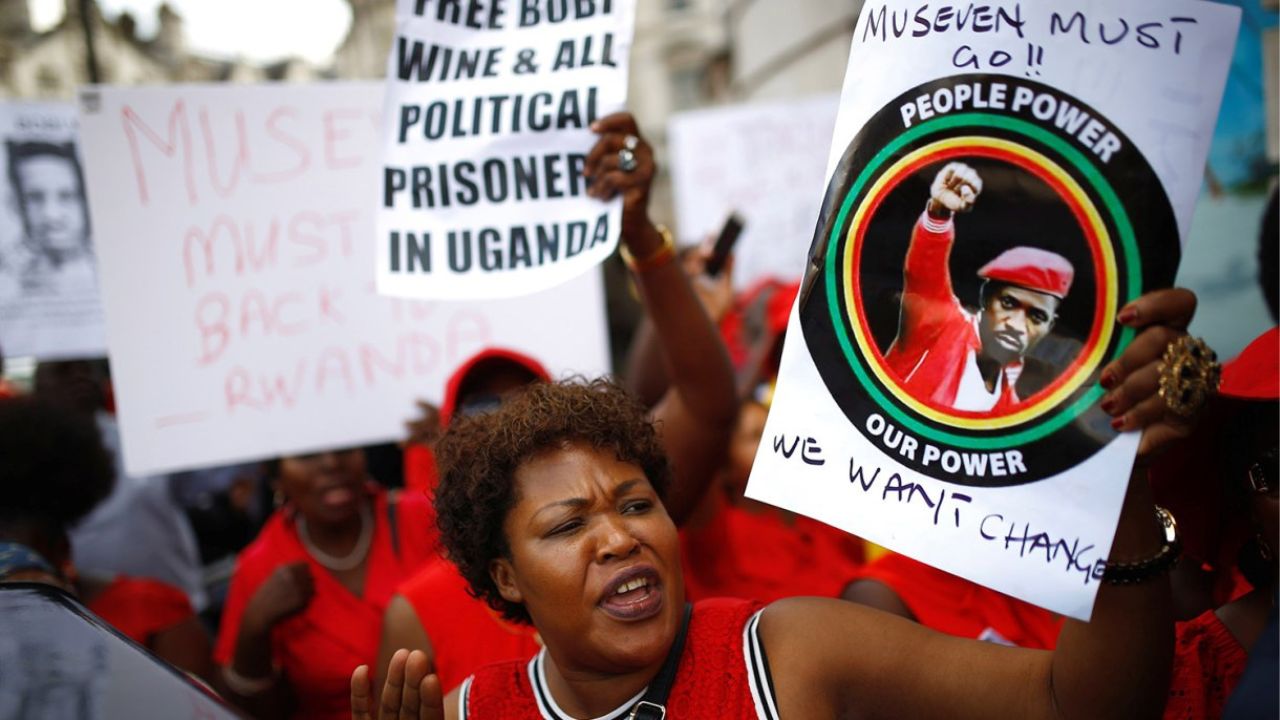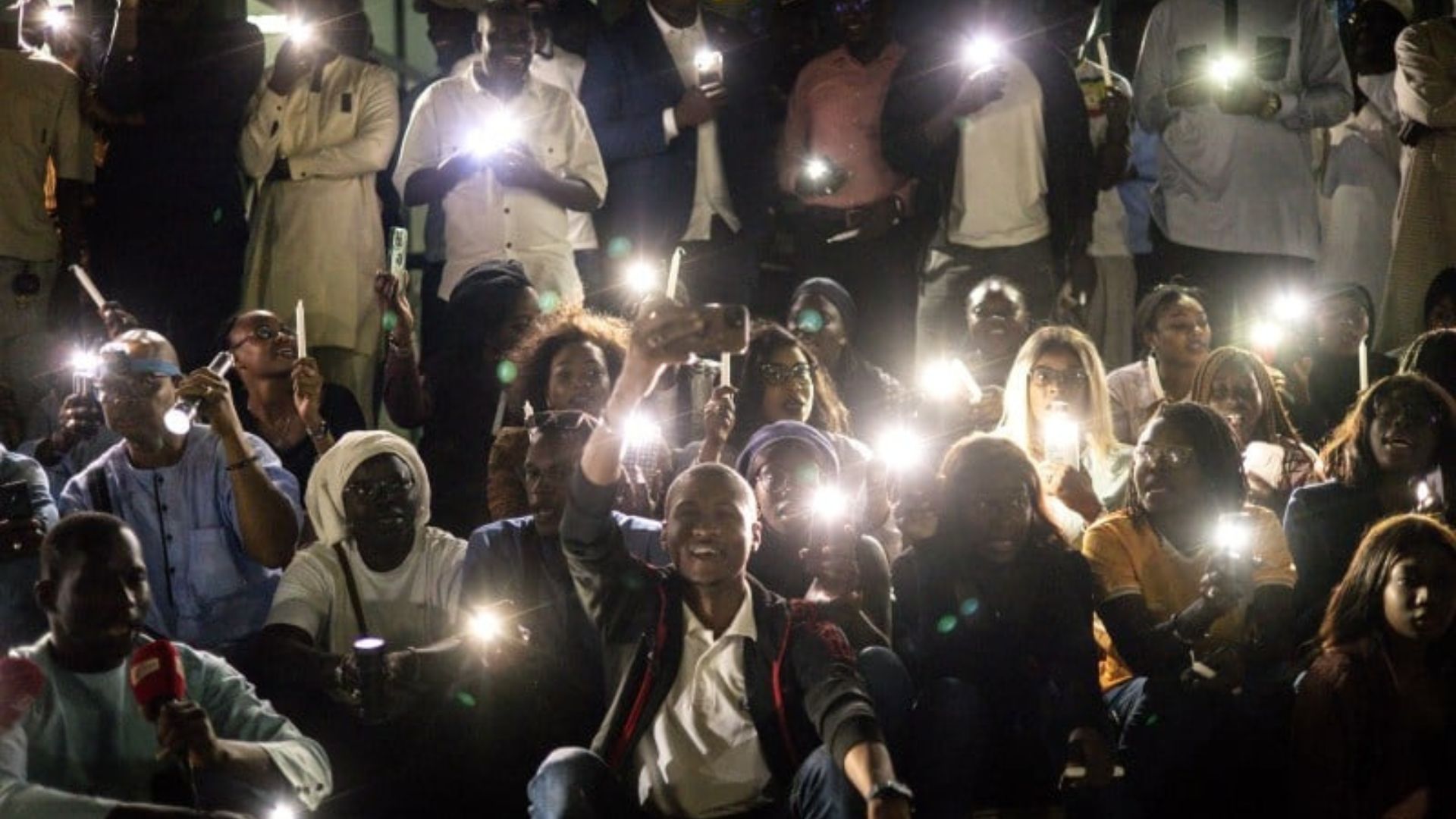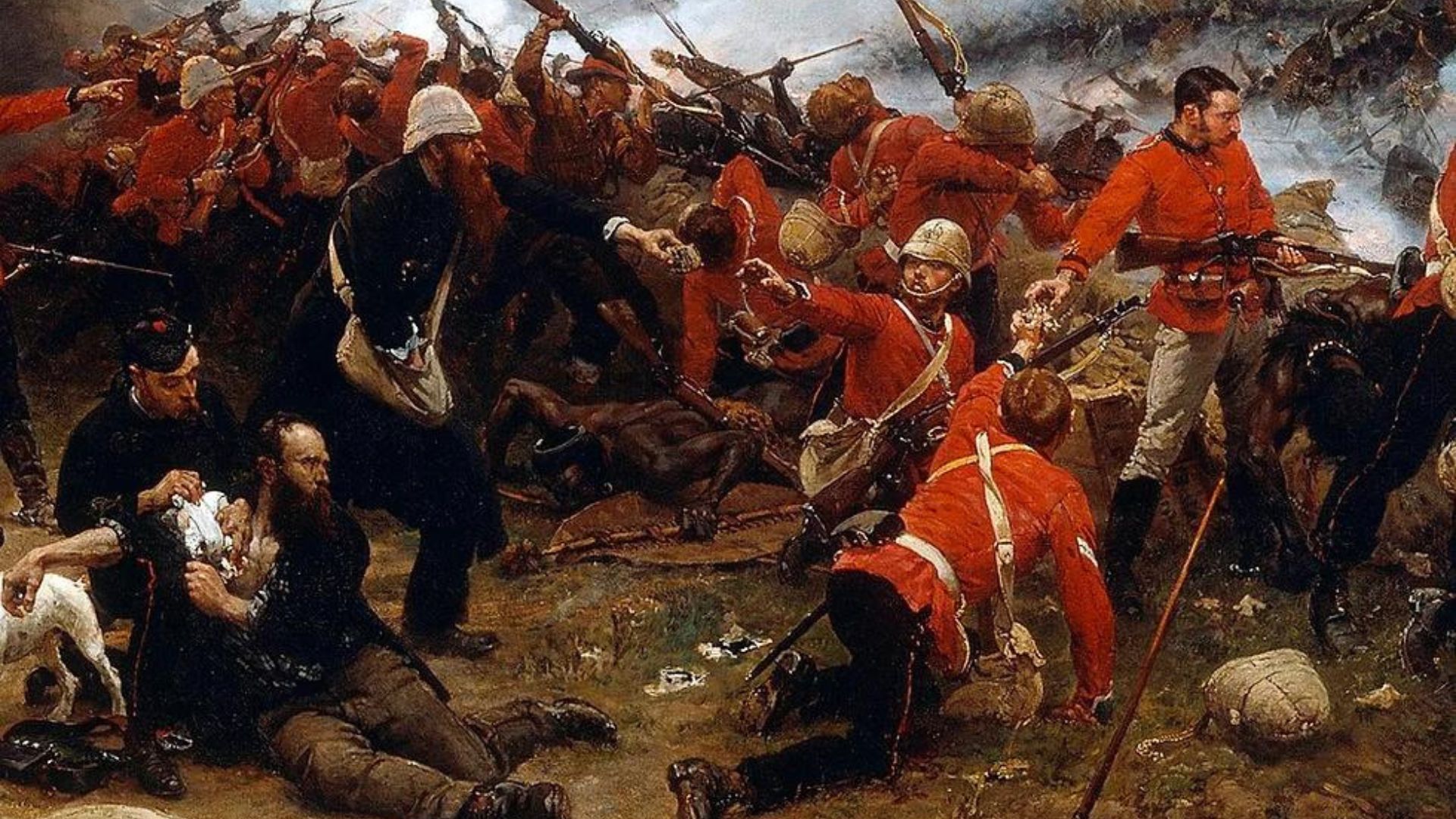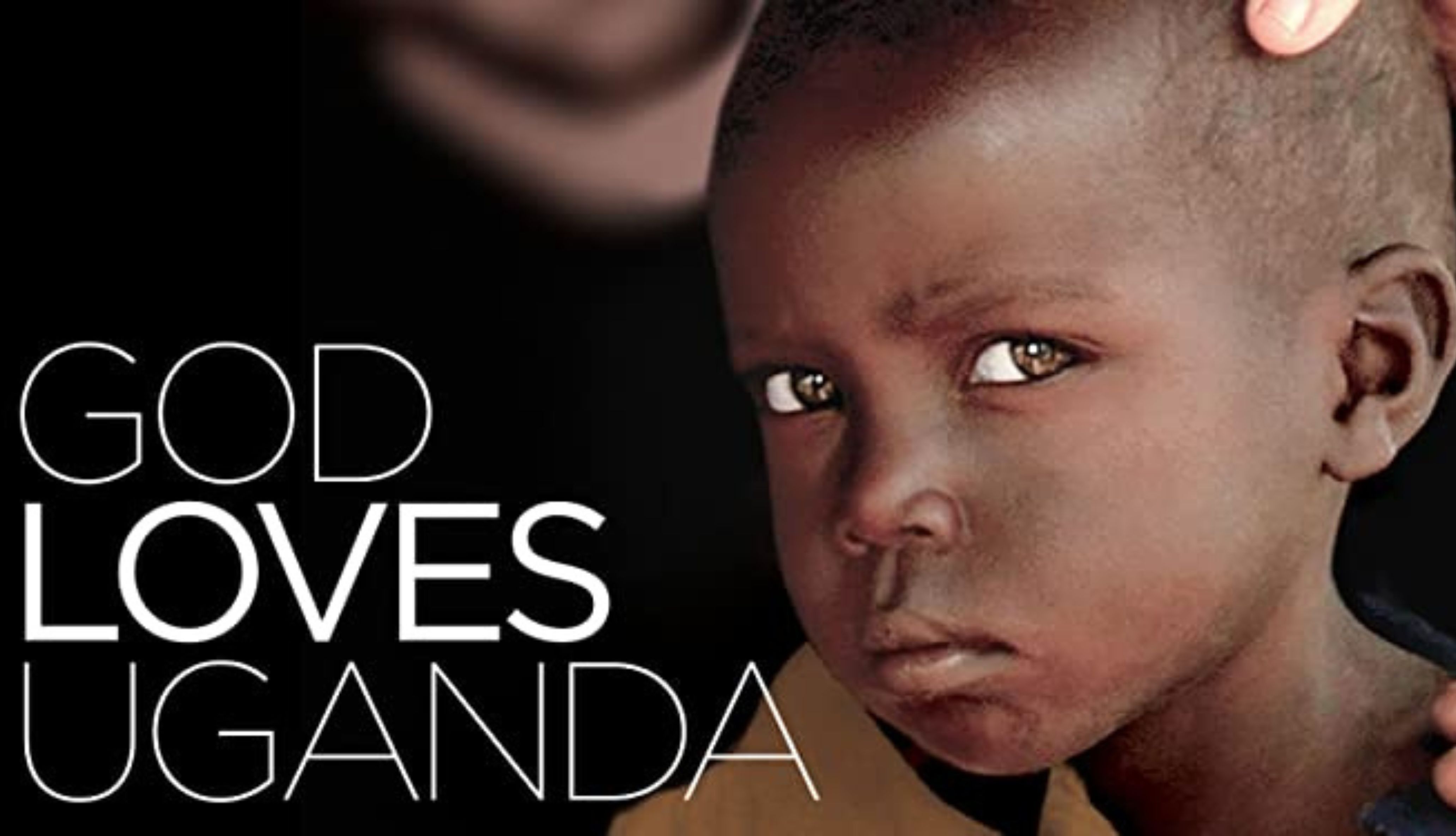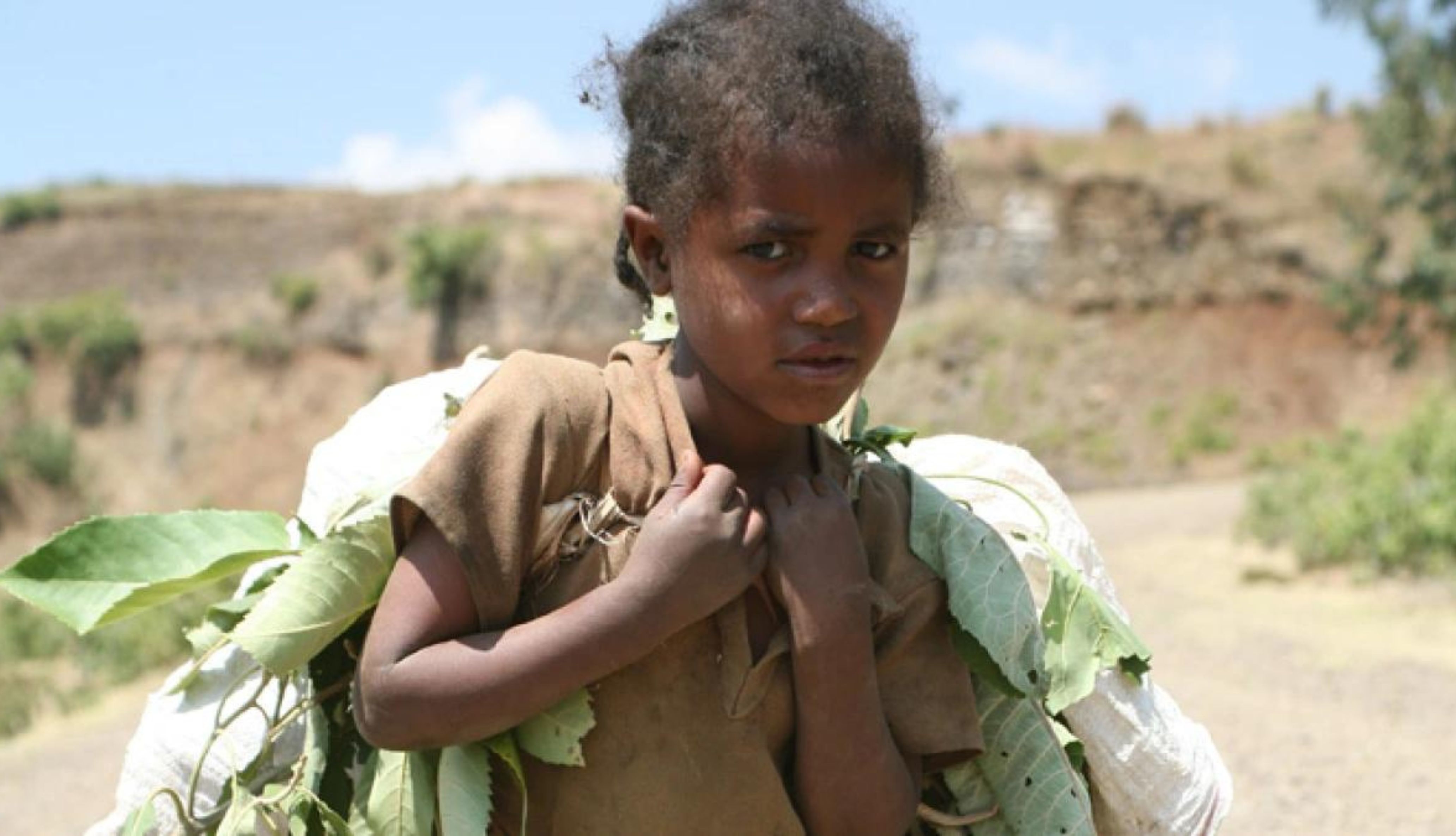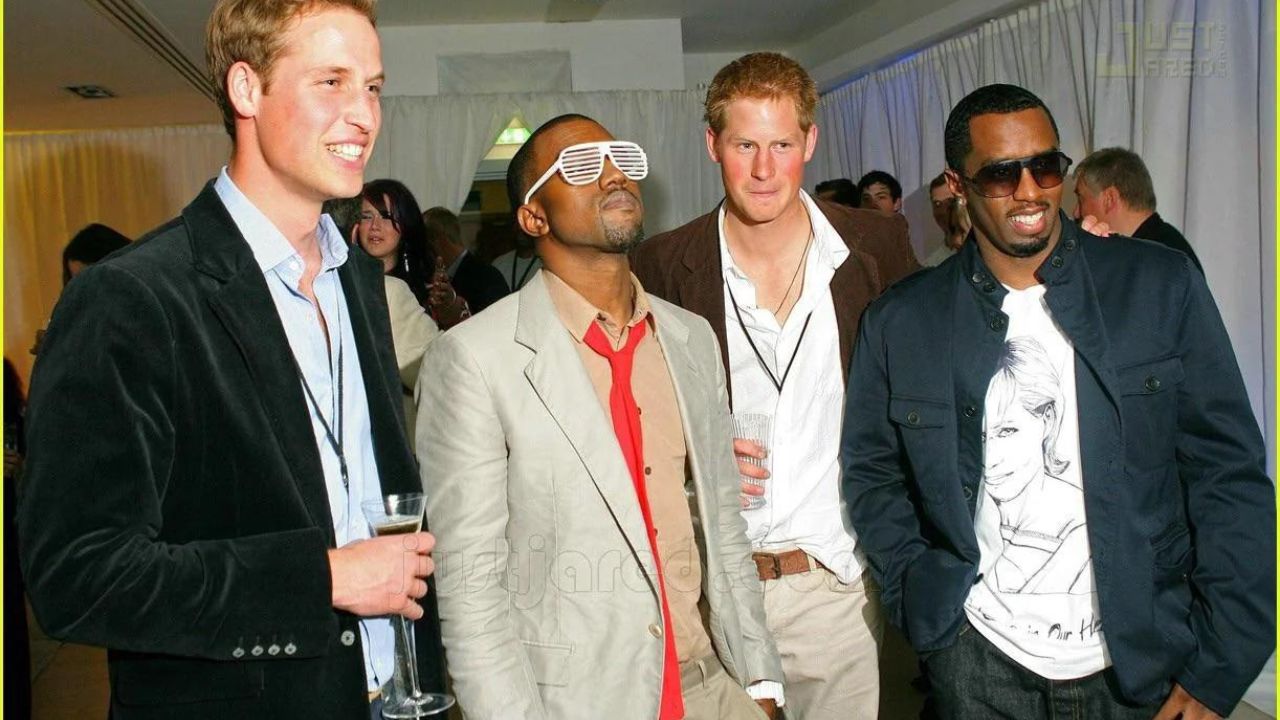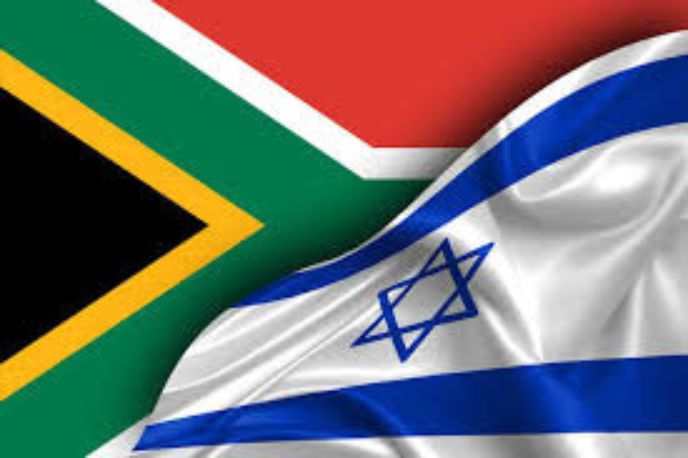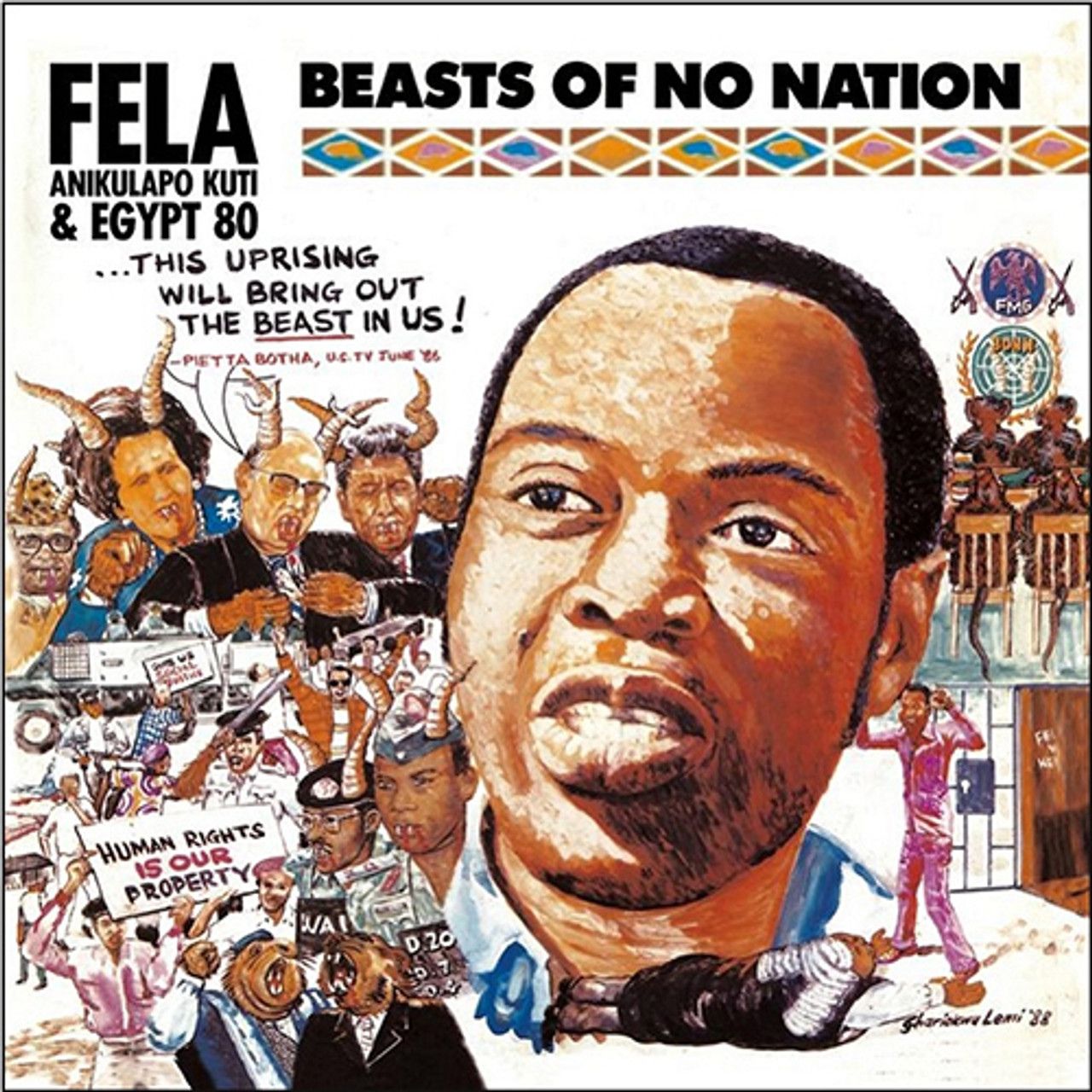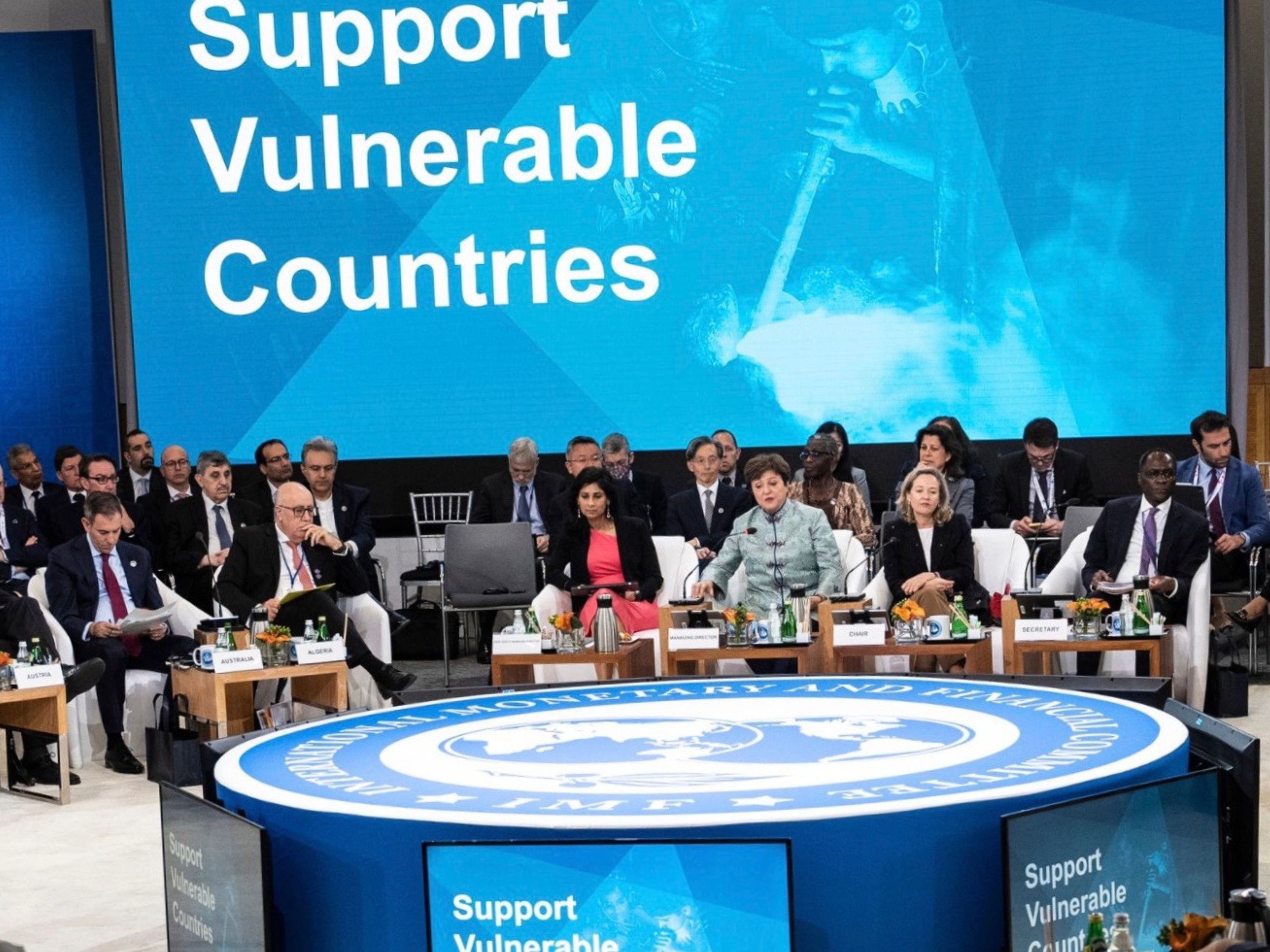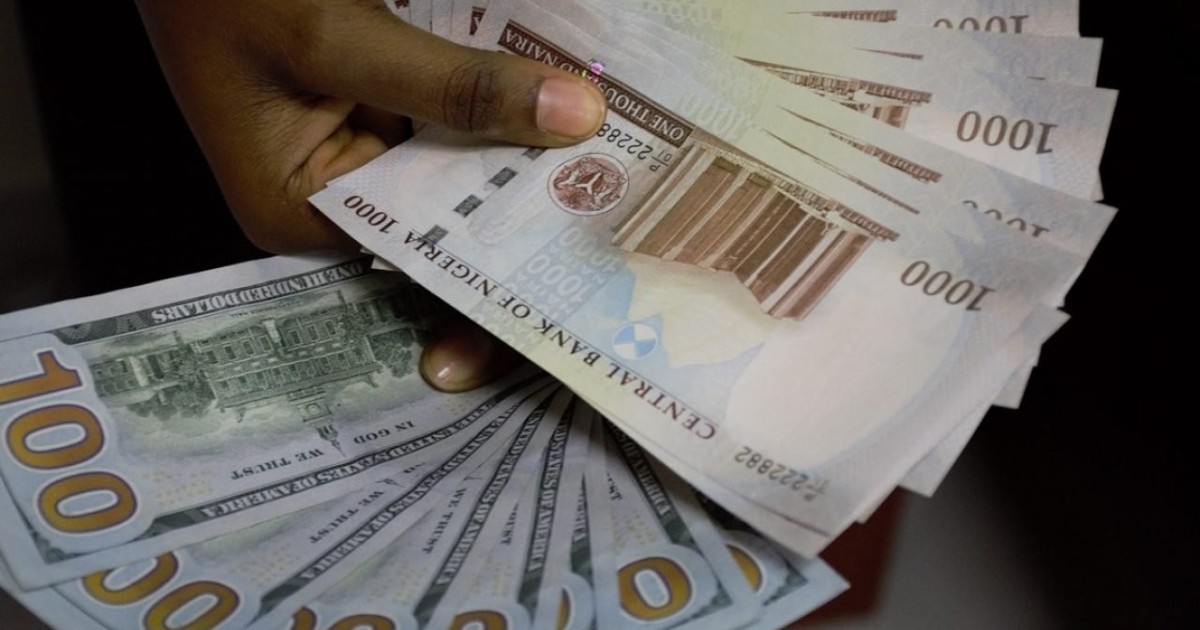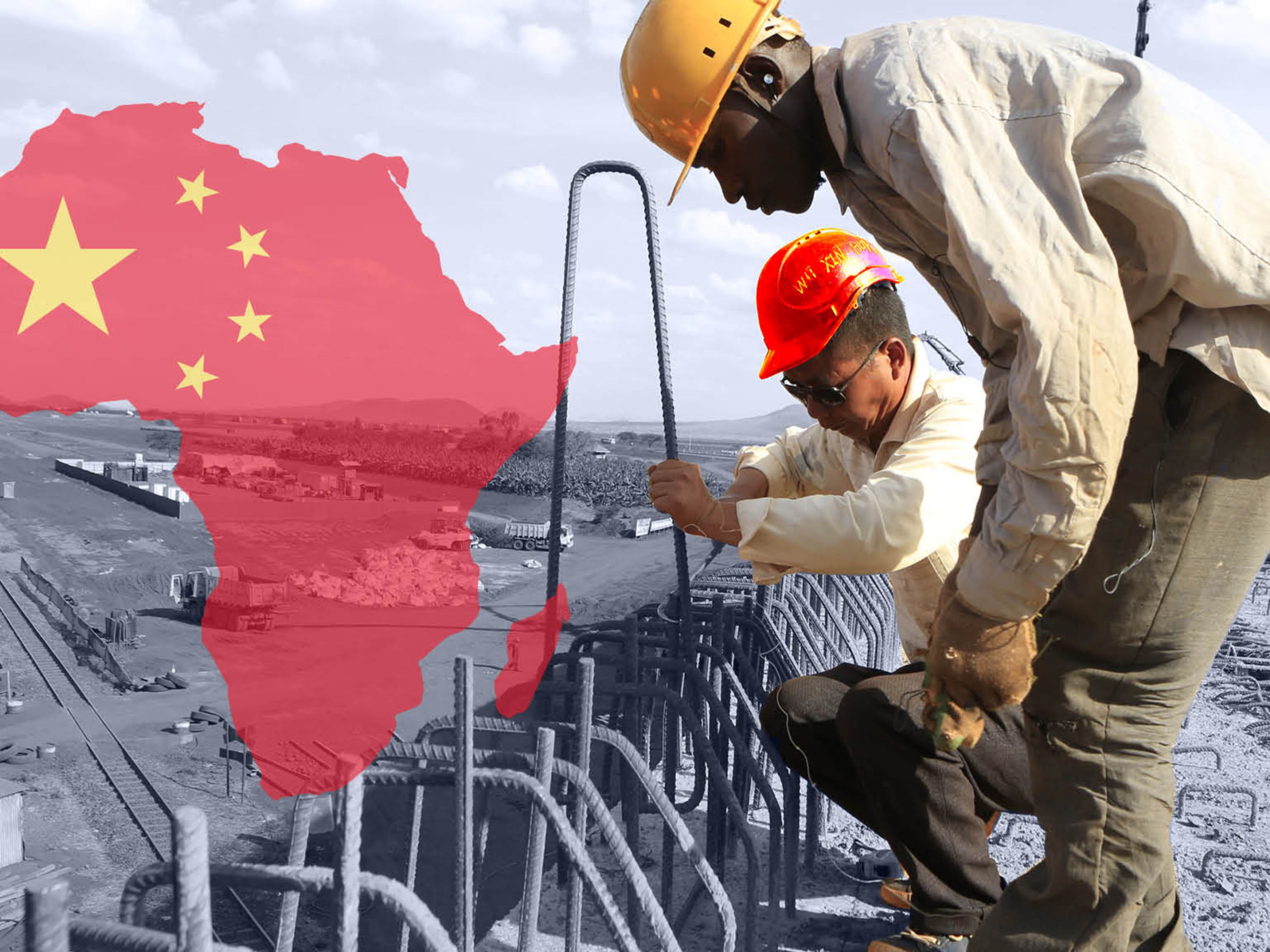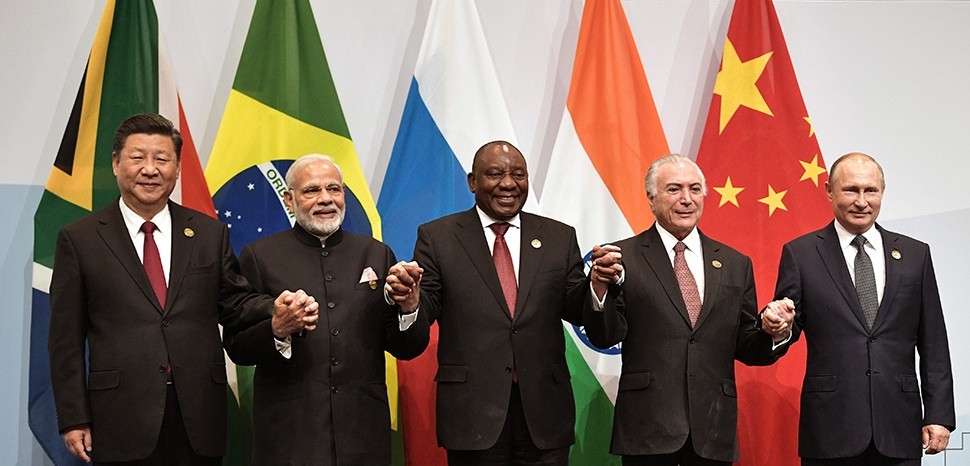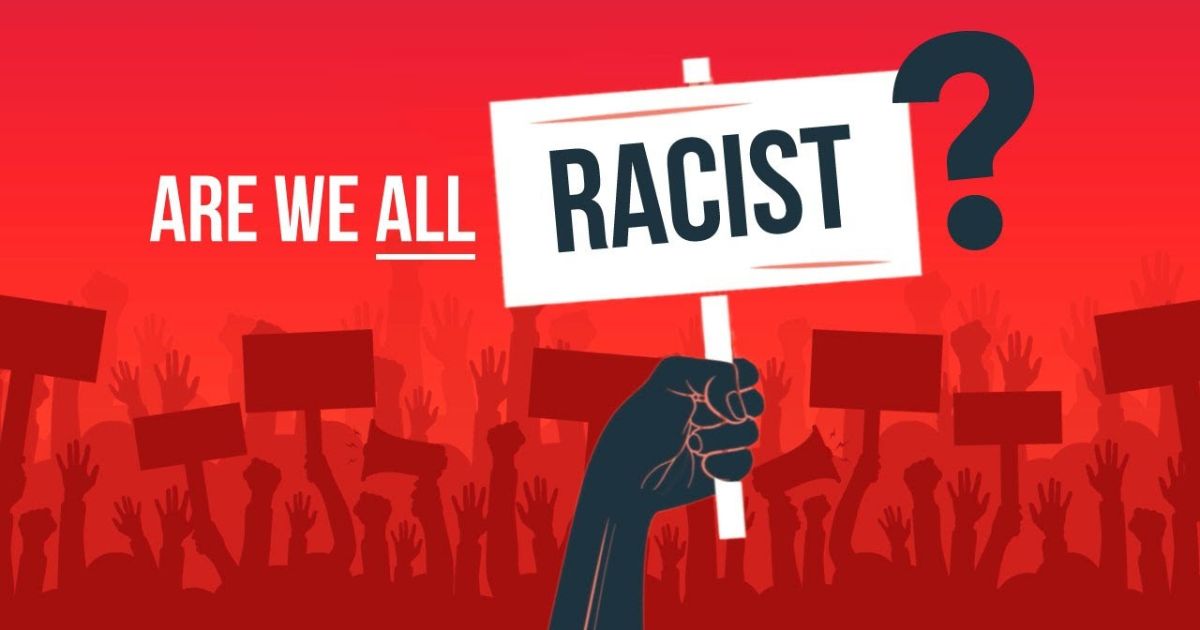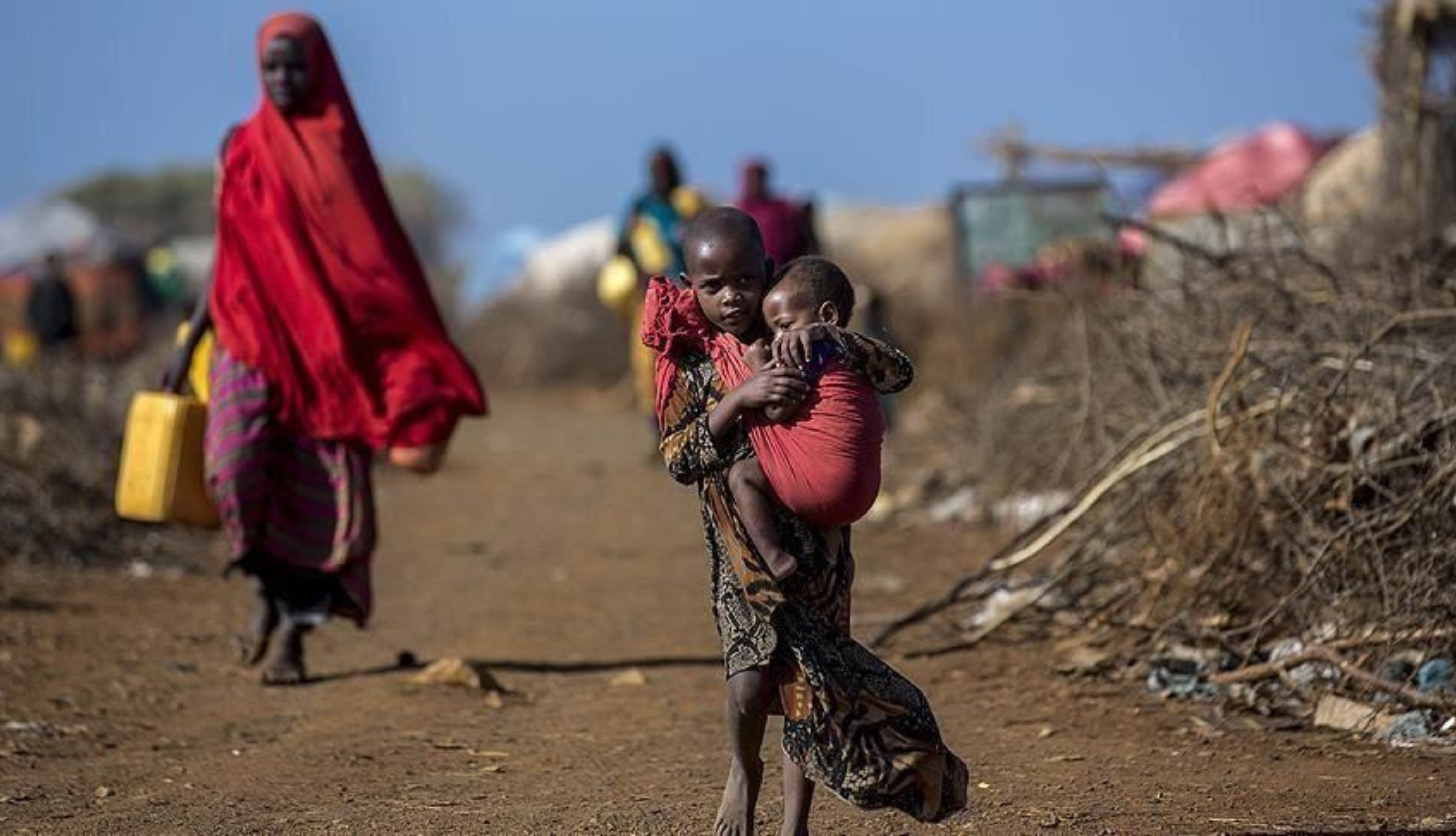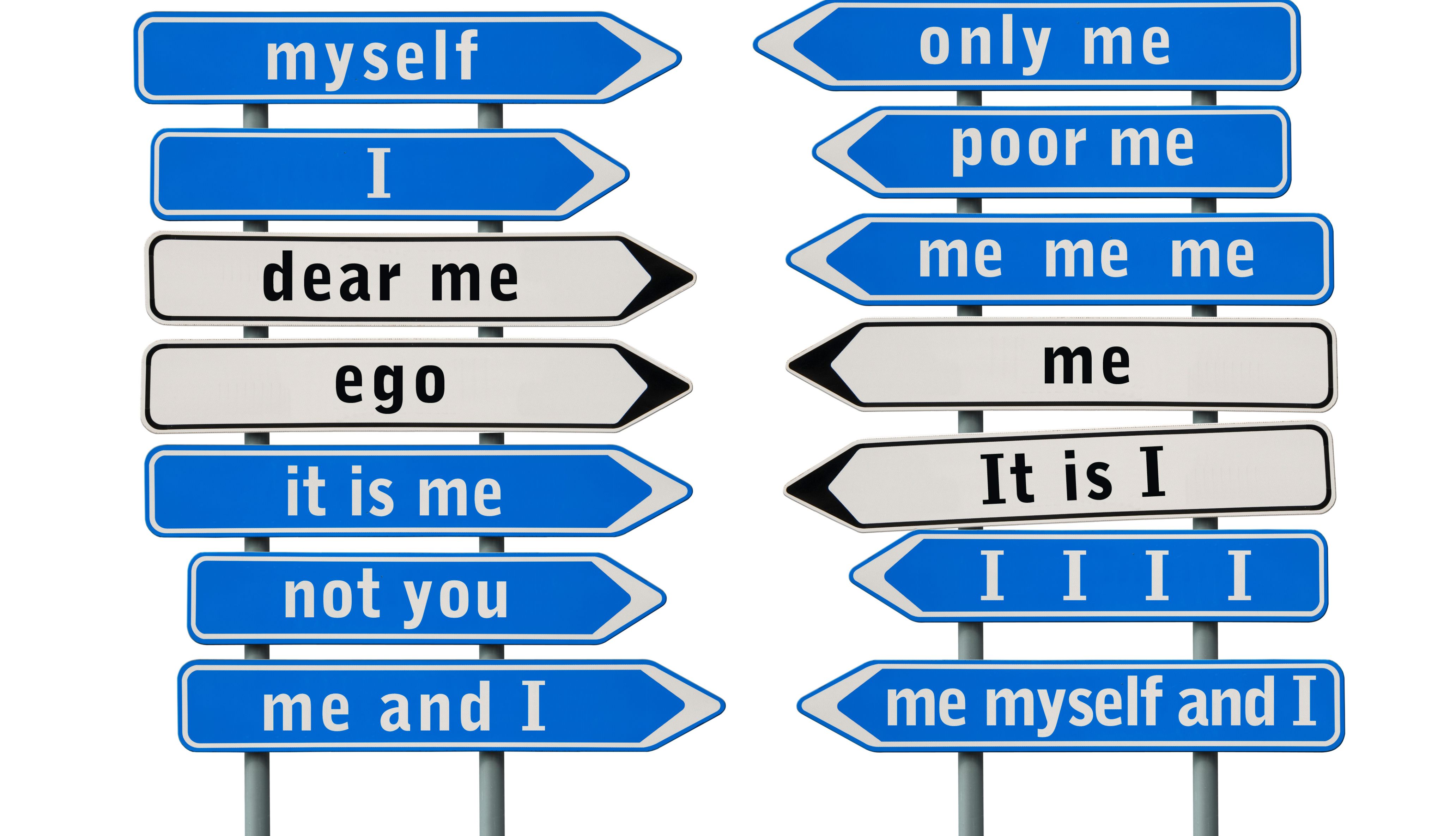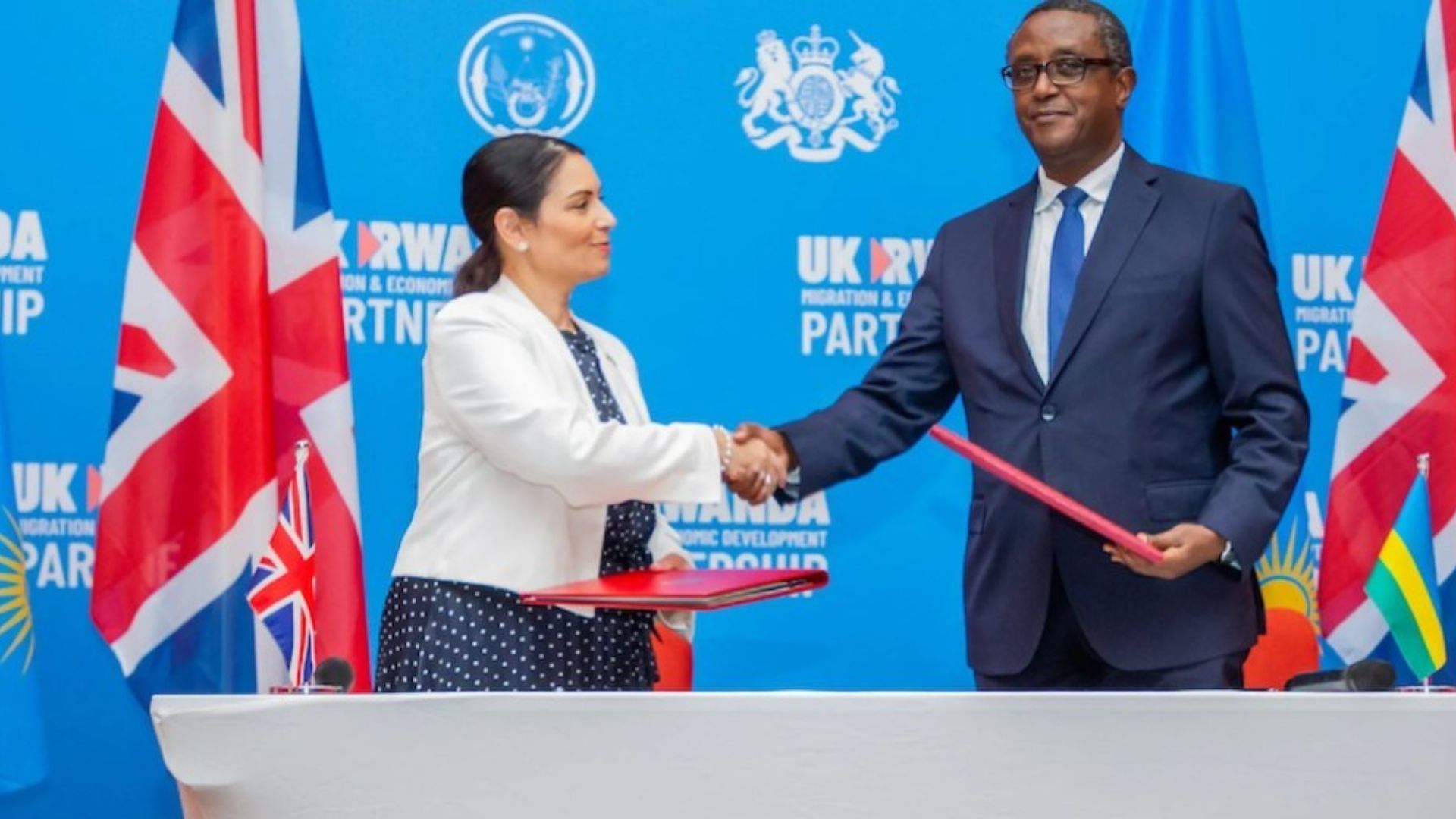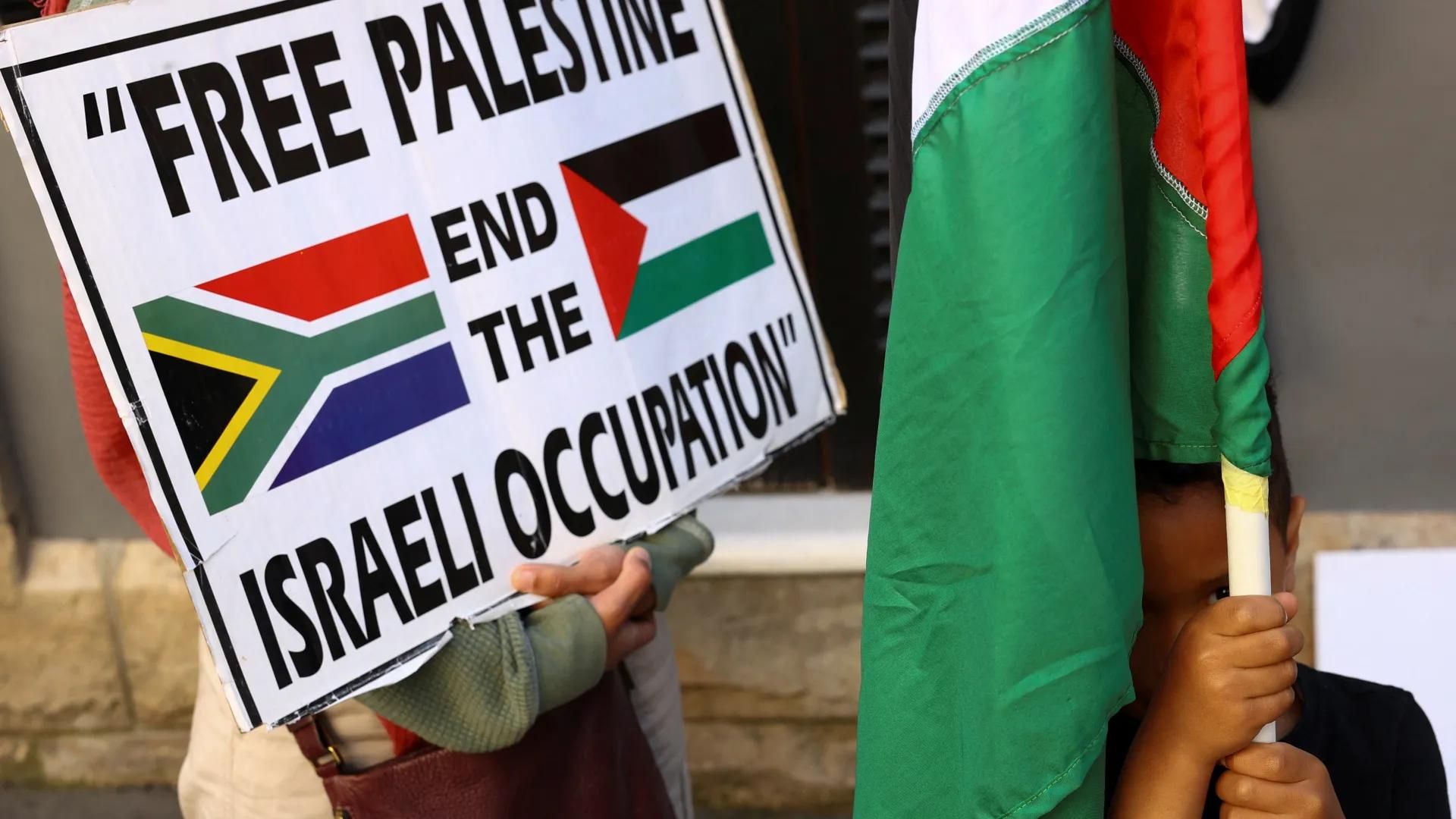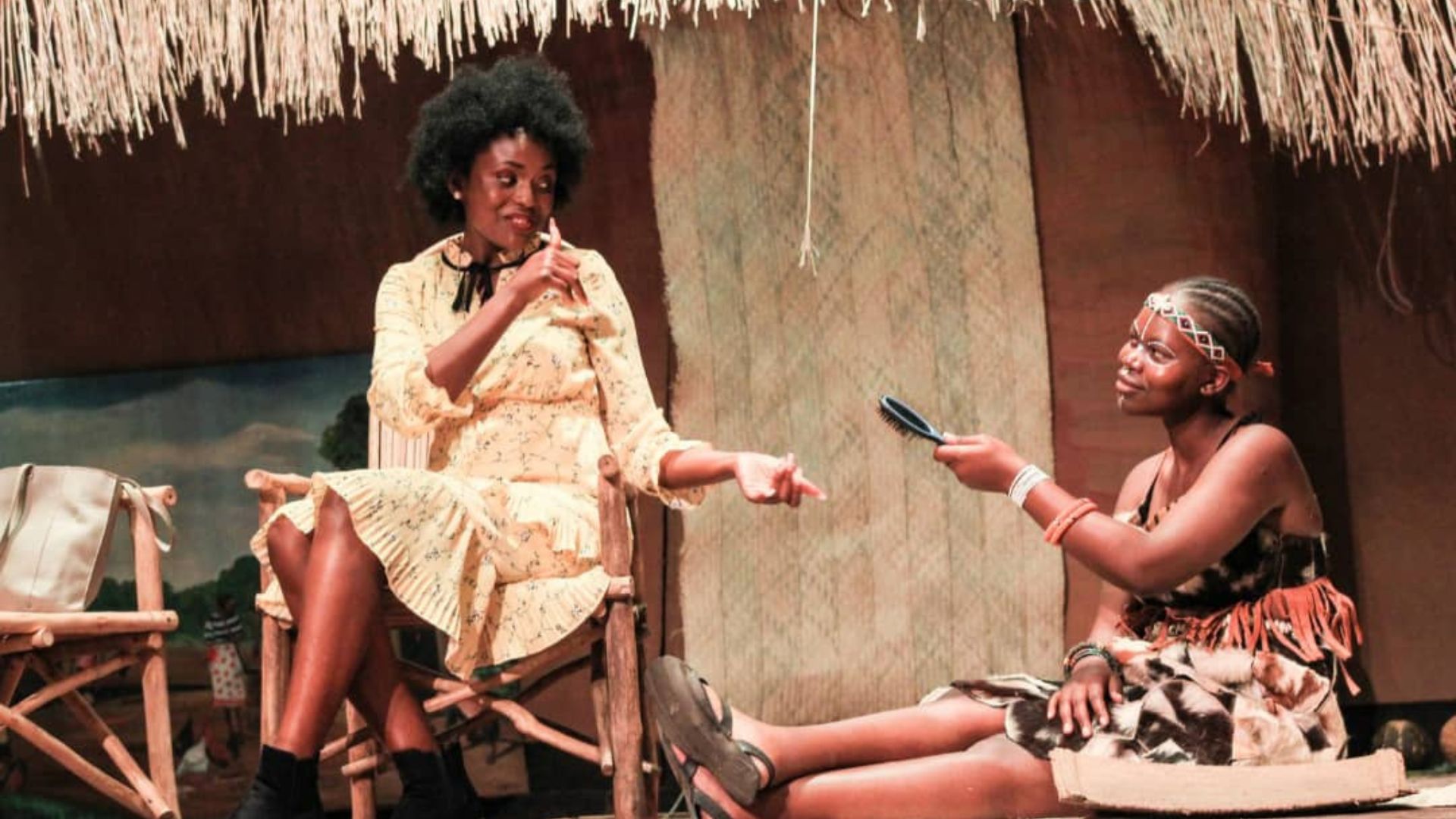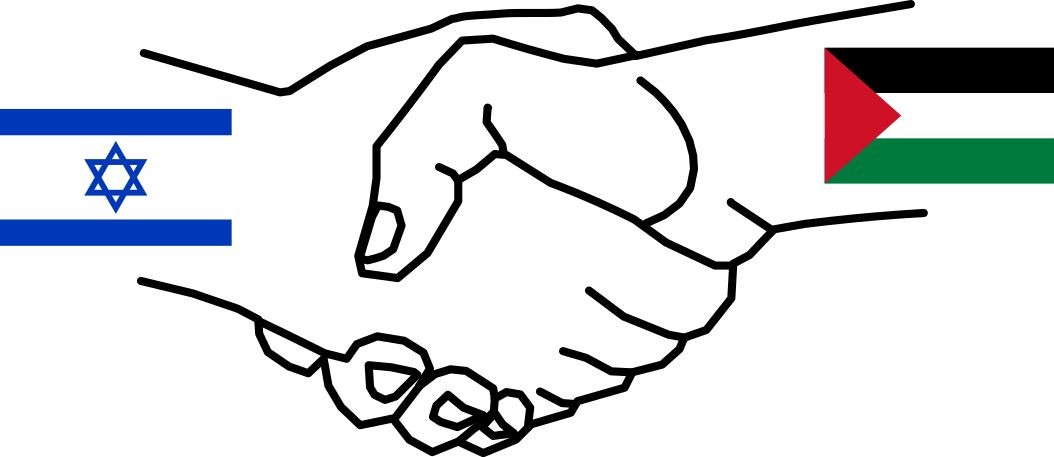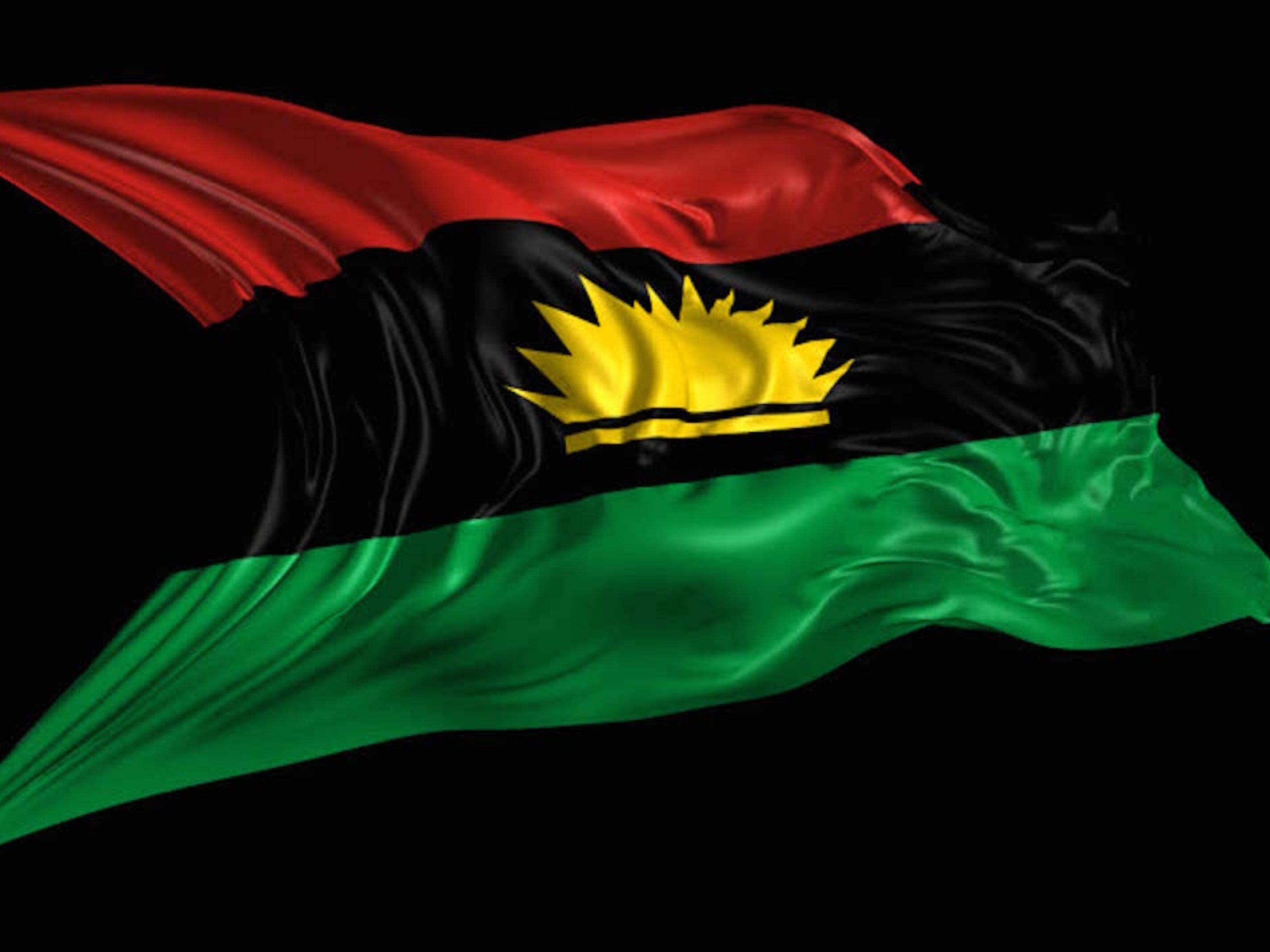“True, I used to see a lot of hope. I saw men tear down the veils behind which the truth had been hidden. But when they finally had power, the same men began to find the veils useful.”
A
Yi Kwei Armah is a Ghanaian novelist whose work has dealt much with corruption and materialism in contemporary Africa. In the book “The Beautyful Ones Are Not Yet Born,” Armah illustrated the corrupt practices of leaders in government and the resultant effects on their followers.
From his illustration, it can be deduced that the issue with Africa is about more than a leadership crisis but also followership failure. The book, published in 1968, narrates the story of a young man in a newly independent state and the realities he faced regarding struggle and sustenance.
While the time setting for this book is in the past, it is ironic that Africa, as a continent, has yet to overcome many of the challenges illustrated in the book.
Armah described the new black leaders in the book as having “white souls” who would go all the way for their gains. In Africa today, the news feed is filled with unpleasant stories of past and present leaders who succeeded in looting the treasury.
Our leaders are no longer concerned about satisfying the needs of the people but are somewhat interested in their own pockets. While stern anti-corruption laws are in place, it is ironic that there has yet to be any measurable failure or success of the anti-corruption war.
Sometimes, if the anti-corruption campaign is not termed “selective,” it is seen as a witch-hunt of the opposition parties and leaders. Corruption has filtered down to all strata of government, thereby making intimidation, bribery, and kidnapping the order of the day. In the novel, the young man, who retained his integrity amidst the prevalent corrupt practices, was seen as soft and couldn’t cope with the pace of governance.
Corruption in Africa is a menace that has eaten deep into the fabric of virtually all institutions on the continent. While this menace is also inherent in the institutions of other continents, it is worrisome that Africa has not done enough to address this fast-increasing plague.
Armah’s “The Beautyful Ones Are Not Yet Born” exposes the commoner’s life during the Kwame Nkrumah regime. Corruption was at an all-time high, and when the government was overthrown, the people could only celebrate, not minding whether they were aware of the significance of the new change.
Armah takes us through the daily routine of the young man, which begins with the usual bus ride to the railroad administration building, where he is a traffic control clerk. Armah describes his narrative with embarrassing descriptions of the environment: sights and smells of human excrement, filth, and graffiti, which are relieved only sometimes by the beauty of some natural phenomena, like the sky or the sea.
This portrays man’s inhumane disposition toward the environment. According to a global accounting firm, KPMG, the health of the continent’s (Africa’s) urban areas is a key concern, with more than 50% of the African population predicted to live in cities by 2030.
It is laudable for the young man in the novel that, despite his temptations and the short-cut chances of enriching himself through bribery and corruption, he remained committed to his ideals, refusing to stoop low like many colleagues at work.
The protagonist was committed to living without financial and moral corruption stigma. He had a lot to contend with, as his wife could not understand why he couldn’t provide for her and the children, especially looking at the kind of wealth that other civil servants could acquire with their ill-gotten profits. His wife compares him to a “chichidodo,” a proverbial bird that eats shite but despises worms.
As a result of his wife’s nagging at home sometimes, it makes him feel awful, and he occasionally thinks about running from home permanently. This young man’s story has not changed from what is obtainable today in most African countries; moral and financial corruption has become so prevalent that every wealthy man is suspected of having acquired his fortunes from ill-gotten gains.
The young man decided to visit his friend. At his friend’s place, he expressed disappointment in his inability to give his family the best life they desire. He believes his friend (the teacher) is free because he is not yet married, so no one can urge him to do what he does not wish. He wanted his friend’s freedom, as he was tired of his wife and mother-in-law’s condemnation of his stance against corrupt practices.
In the book, he admits, “Yes, I feel like a criminal.”I frequently think of something unexpected I could do to redeem myself in their eyes these days. Then I sit down and ask myself what I have done wrong, and there is nothing.” “You have not done what everyone else is doing,” the naked man replied, “and in this world, that is one of the crimes.”
Society expects specific behaviour from us, and anyone who deviates from the expected norm is regarded as arrogant or ignorant. Many people have been pressured into moral corruption due to peer influence and societal expectations.
Later in the novel, the young man’s household is visited by Joseph Koomsoon and his wife, Estella; the meeting reveals the gulf of class segregation as Koomson’s wife expresses dissatisfaction with every dish she was served, while the honourable Minister, Koomsoon, had to reluctantly use the low-income family’s toilet to avoid embarrassing them. Koomsoon made some promises before leaving.
On his way to work, the young man hears of a coup but refuses to join others in the demonstration because he believes nothing will change except the continuation of corrupt practices. This explains why many people still need to be convinced to vote during elections. They believe everything will stay the same whether they vote or not.
The narratives from the young man’s days in the novel have not yet changed in the current dispensation. The young man gets home to find the minister, Koomsoon, hiding in the dark like a scared kid in one corner of their room. He was to pay with his life as there had been a coup, but he escaped from the soldiers searching for him through the toilet, with all the faeces and sanitary pads over his body.
He was able to escape to the boatman’s house unnoticed. His escape, however, was not without an agreement and a bribe of a few Cedis at the gate where the boat would ferry the minister abroad. This explains that every corrupt person has a payday, whether influential or not.
While corruption remains a perennial issue, efforts must be made to remedy the situation. The 10th edition of the Global Corruption Barometer (GCB)—Africa has revealed that, while most people in Africa feel corruption has increased in their country, most citizens also feel optimistic that they can make a difference in the fight against corruption.
It takes a collaborative effort for corruption to be tackled on the continent. We all have a unique role in fighting corruption; corrupt practices are found at the highest level of government and in our daily dispositions toward one another. Maintaining our integrity, even in the heat of the moment, is core to tackling corruption on our continent.
While only some countries, such as Rwanda and Ethiopia, have appeared to be on the path of redemption, it is still bothersome that elements of corrupt practices are on the increase. A typical example is the sudden and increasing disappearance of opposition leaders and voices.
Transparency International has, however highlighted some recommendations that African leaders could take a cue from to tackle corruption, and they include ratifying, implementing, and reporting on the African Union Convention to Prevent and Combat Corruption (AUCPCC); investigating, prosecuting, and sanctioning all reported cases of corruption, with no exception; developing minimum standards and guidelines for ethical procurement; adopting open contracting practices, which make data more transparent and easier to analyse; collecting citizen complaints and strengthening whistleblower protections; and enabling the media and civil society to hold governments accountable.
Africa as a continent needs to take its rightful place in the governance scheme around the world, and this cannot be achieved with the level of political willingness currently exhibited. We all need to take the bull by the horns for a radical change to be completed.

